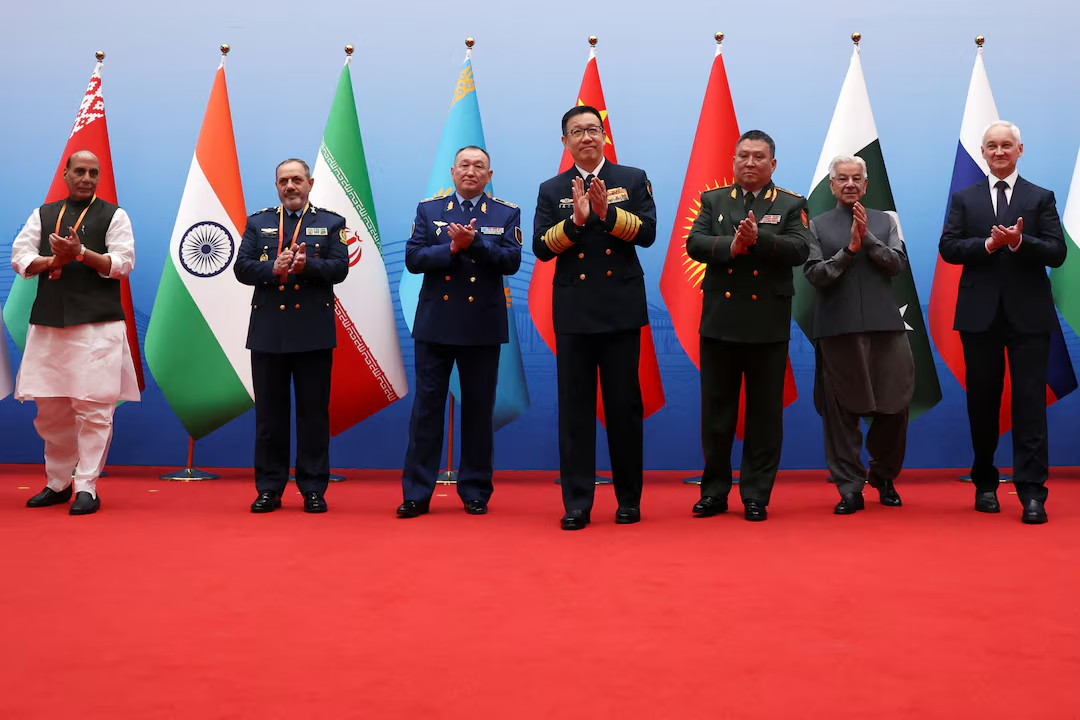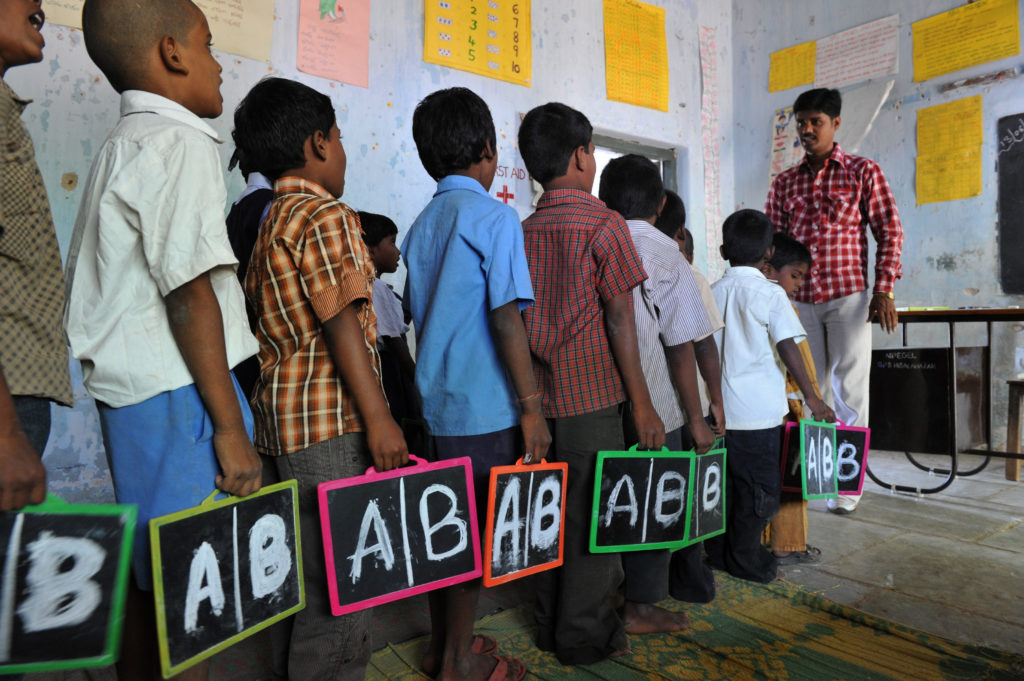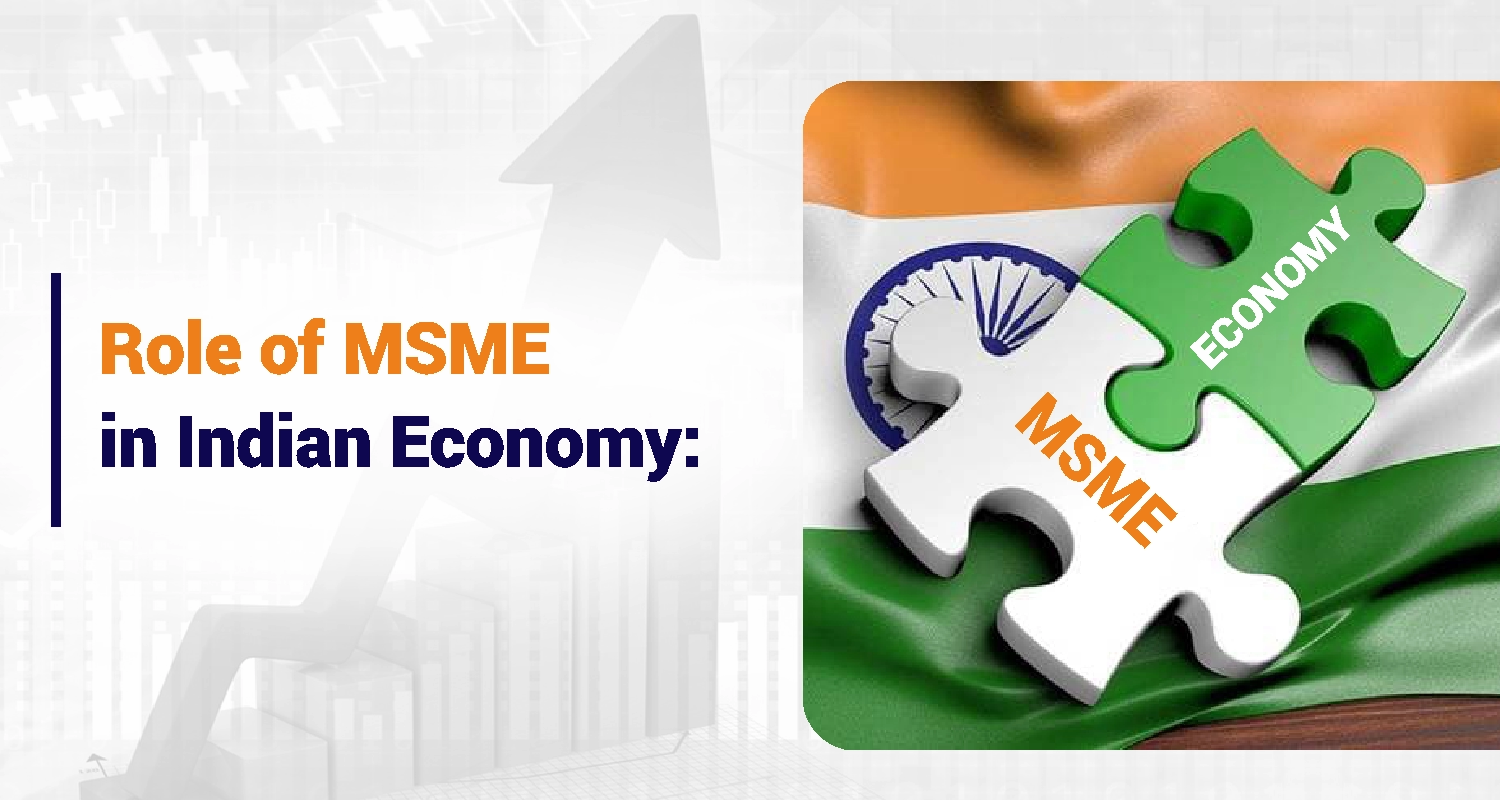- Courses
- GS Full Course 1 Year
- GS Full Course 2 Year
- GS Full Course 3 Year
- GS Full Course Till Selection
- Answer Alpha: Mains 2025 Mentorship
- MEP (Mains Enrichment Programme) Data, Facts
- Essay Target – 150+ Marks
- Online Program
- GS Recorded Course
- Polity
- Geography
- Economy
- Ancient, Medieval and Art & Culture AMAC
- Modern India, Post Independence & World History
- Environment
- Governance
- Science & Technology
- International Relations and Internal Security
- Disaster Management
- Ethics
- NCERT Current Affairs
- Indian Society and Social Issue
- NCERT- Science and Technology
- NCERT - Geography
- NCERT - Ancient History
- NCERT- World History
- NCERT Modern History
- CSAT
- 5 LAYERED ARJUNA Mentorship
- Public Administration Optional
- ABOUT US
- OUR TOPPERS
- TEST SERIES
- FREE STUDY MATERIAL
- VIDEOS
- CONTACT US
India Walks Out on SCO Statement
India Walks Out on SCO Statement

Why in the news?
- The Shanghai Cooperation Organisation (SCO) held a meeting of Defence Ministers in China.
- The meeting was expected to conclude with a joint statement reflecting common positions on regional and international security issues.
|
Shanghai Cooperation Organisation (SCO)
|
What are the Key Highlights?
- India’s Position and Refusal
- India’s Objection to the Joint Statement
- i. India, represented by the defence minister, refused to sign the final joint statement.
- ii. The primary reason was the exclusion of the April 22 Pahalgam terror attack from the document.
- Concerns over Focus Shift
- i. The document reportedly included references to militant activities in Balochistan (Pakistan).
- ii. India viewed this as an attempt by Pakistan and China to divert focus from broader terrorism issues, especially cross-border terrorism impacting India.
- India’s Objection to the Joint Statement
- The April 22 Pahalgam Attack
- Significance of the Incident
- i. The Pahalgam terror attack is a key recent event where five armed militants stormed the tourist area, using AK-47s and M4 Rifles.
- ii. They segregated the victims by religion, asking for the Islamic declaration of faith (kalima), then opened fire.
- iii. India considers such attacks to be critical in any discussion on regional security.
- India’s Demand
- i. India wanted the joint statement to reflect strong language on terrorism, specifically referencing the Pahalgam incident as an example of cross-border terrorism.
- Significance of the Incident
- Disagreement Stops Joint Statement
- Lack of Consensus
- As per Ministry of External Affairs (MEA) spokesperson, the SCO countries failed to reach consensus.
- One country (implied to be Pakistan) reportedly objected to India’s proposed inclusions.
- No Final Document Adopted
- Due to the lack of agreement, no joint statement was finalized or adopted at the meeting.
- Lack of Consensus
Challenges and Way Forward:
|
Challenges |
Way Forward |
|
1. Lack of consensus within SCO on defining terrorism |
Push for a clear, unified definition of terrorism across SCO forums. |
|
2. Pakistan and China blocking references to India-specific terror attacks |
Engage in stronger bilateral diplomacy and leverage support from neutral SCO members. |
|
3. Diverging priorities among member states |
Promote shared regional security interests like border control, intelligence sharing, etc. |
|
4. Risk of India being isolated in SCO |
Build alliances with countries like Russia, Kazakhstan, and Uzbekistan to balance the dynamics. |
|
5. Undermining of India’s counter-terrorism concerns |
Raise the issue at global platforms like the UN, G20, and Quad to keep pressure on Pakistan. |
|
6. Credibility of multilateral forums at stake |
Advocate for reforms in regional bodies to ensure all voices are respected equally. |
Conclusion
- India’s refusal to sign the SCO statement is a clear diplomatic signal prioritizing its national security interests.
- It underscores India’s determination to prevent international forums from being used to sideline or whitewash terrorism-related concerns.
- The incident may contribute to further polarization within the SCO, especially regarding issues of terrorism and territorial integrity.
|
Ensure IAS Mains Question India’s refusal to sign the SCO joint statement over the exclusion of the Pahalgam terror attack reflects its uncompromising stance on terrorism. In the context of regional diplomacy, critically examine the challenges faced by India in multilateral forums while upholding its national security interests. Suggest measures to strengthen India’s position. (250 words) |
|
Ensure IAS Prelims Question Q. With reference to India’s position at the Shanghai Cooperation Organisation (SCO) Defence Ministers’ Meeting in 2025, consider the following statements:
Which of the statements given above is/are correct?
Answer: a Explanation
|



